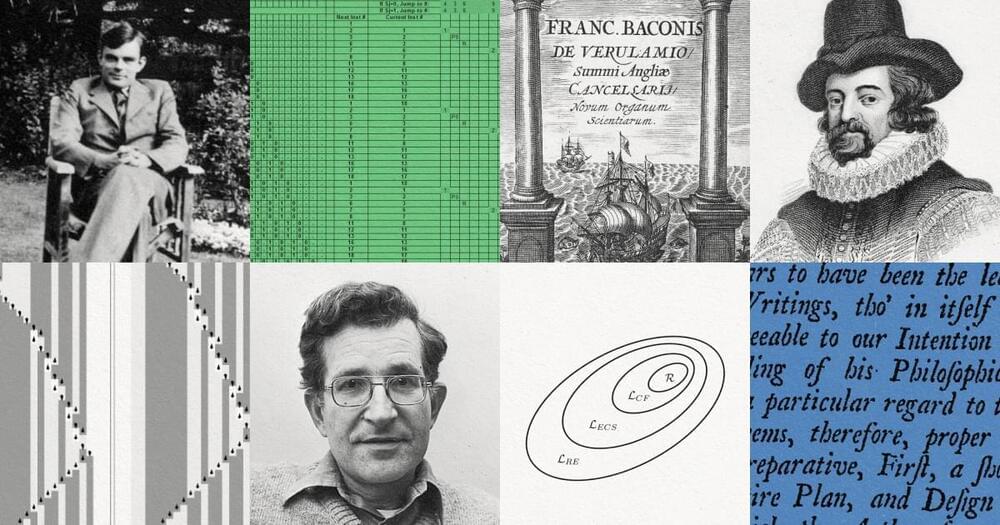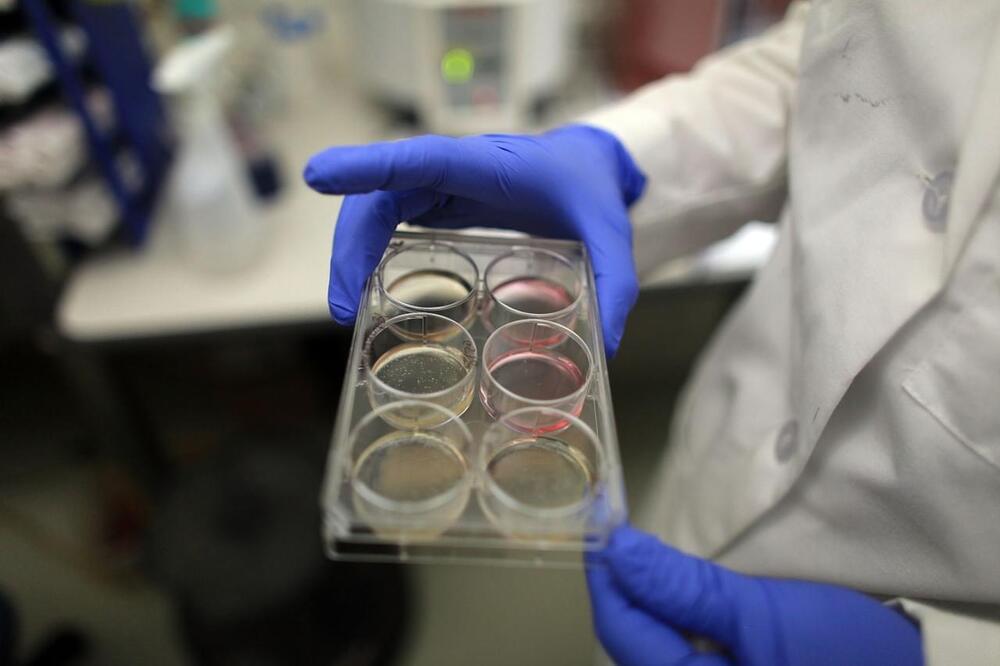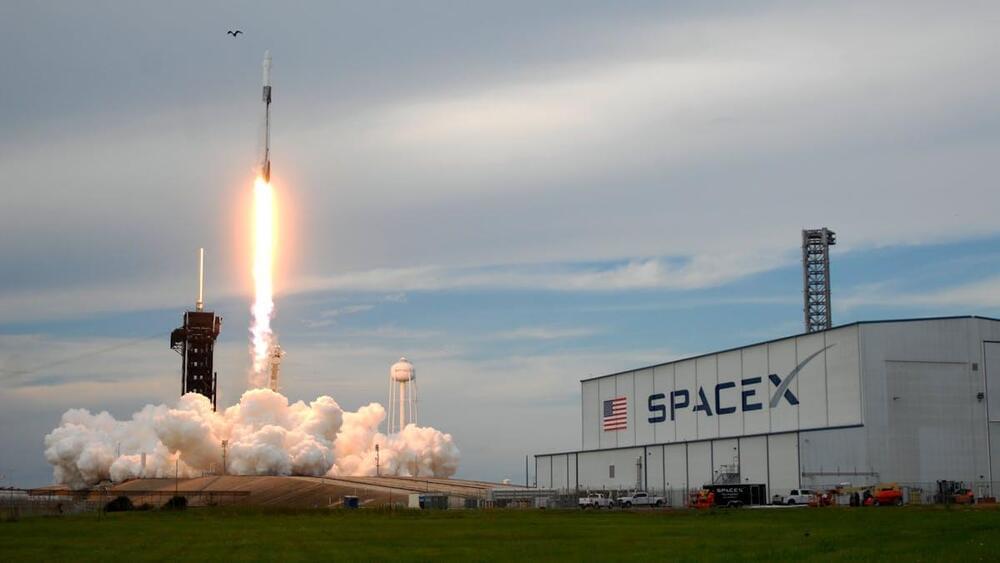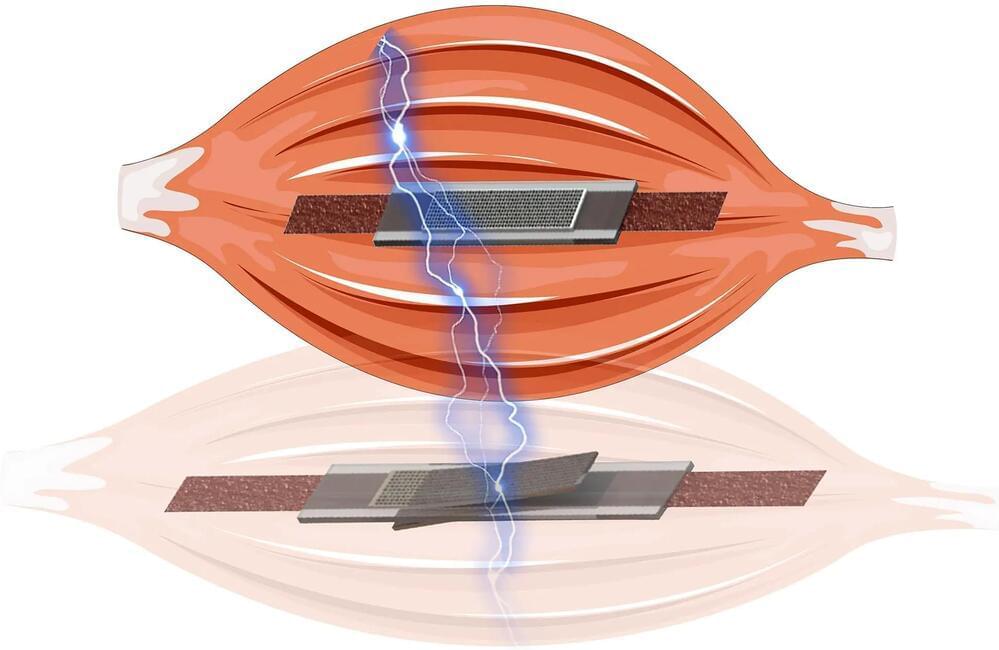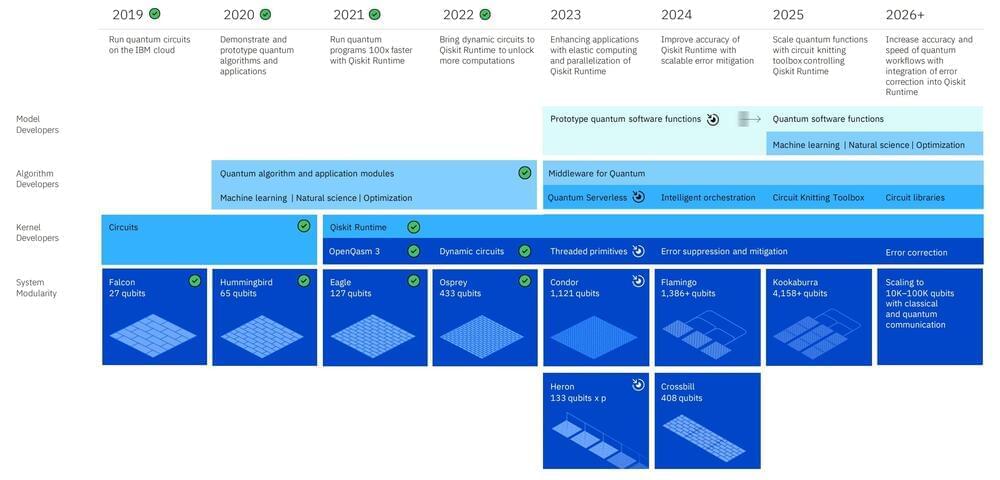Philosophy is often ridiculed by scientists as being little more than armchair speculation. Stephen Hawking famously declared it “dead.” This is unfortunate because the scientific method itself is a manifestation of philosophical thought arising from the subdiscipline known as epistemology. Historically, science and philosophy have worked hand-in-glove to advance our understanding of the world. In fact, “science” went by the moniker “natural philosophy” for much of history.
Scientists perhaps should be a bit more grateful. Advances in social and political philosophy helped prevent some scientists who upset the established order from being executed — but that’s a discussion for another day. Here, we will examine three philosophical insights that directly led to advances in how science is performed.
“What makes science different from everything else?” is inherently a philosophical question. That means that philosophy helps define what science is. This is important because, to learn about the world, we need to be sure of the validity of our methods. For most of the history of Western philosophy, Aristotle’s ideas reigned supreme. While Aristotle’s idea of finding causes through science was largely based on deductive reasoning, experimentation was not seen as a vital part of science.
